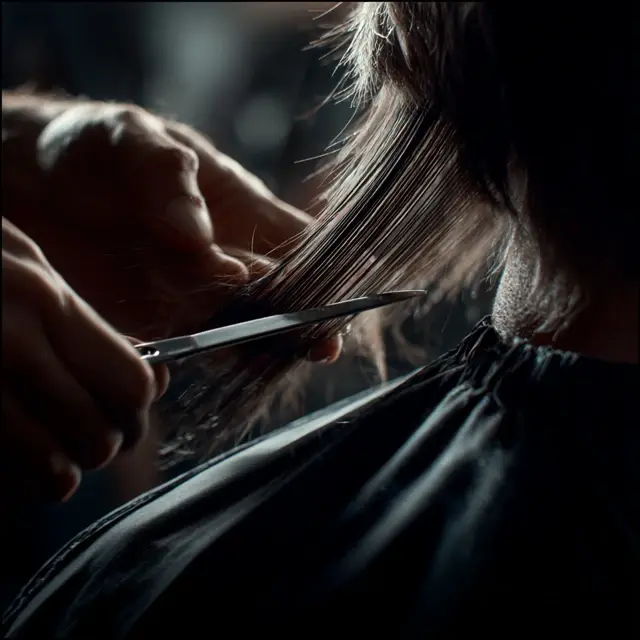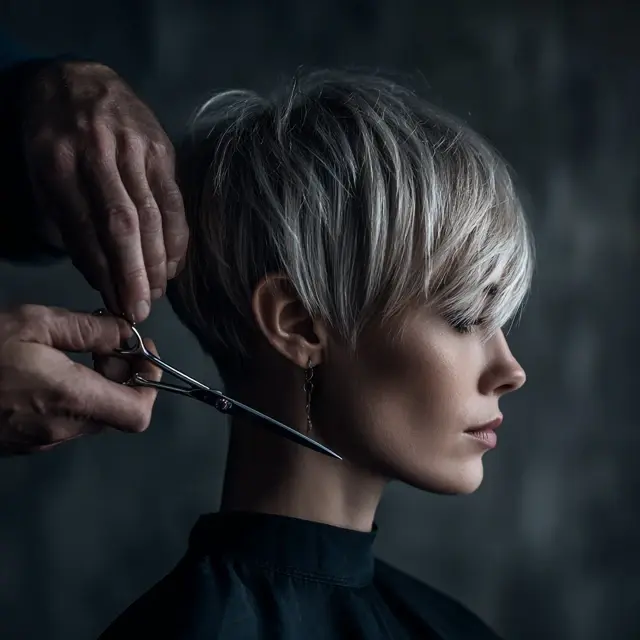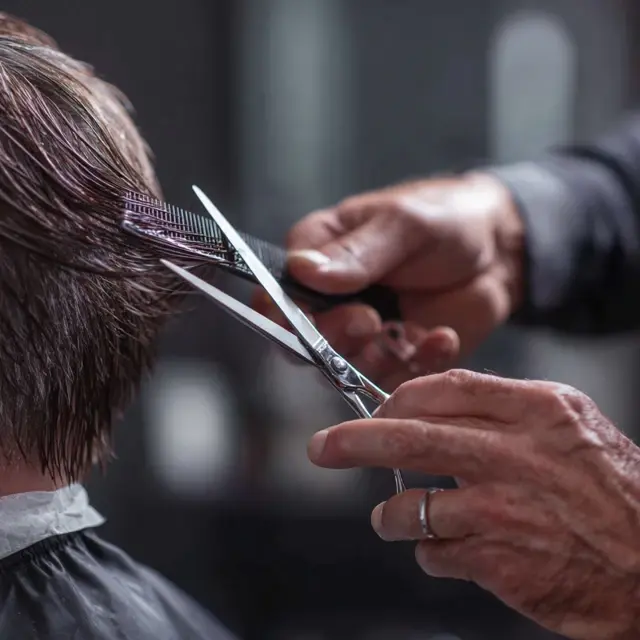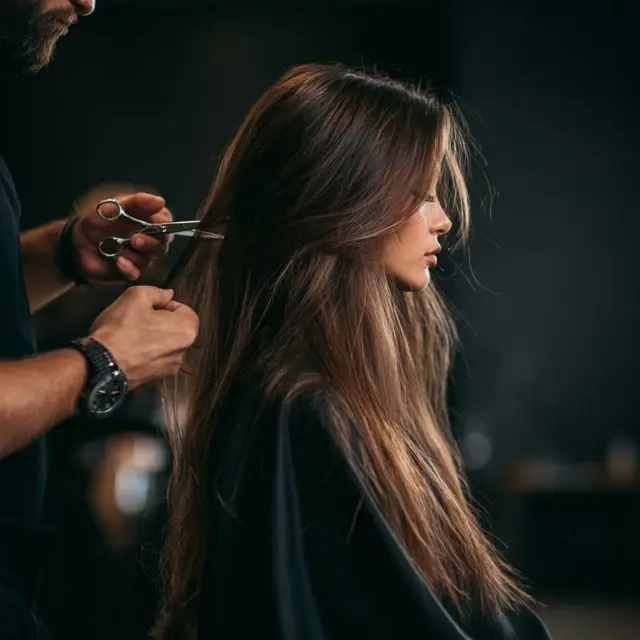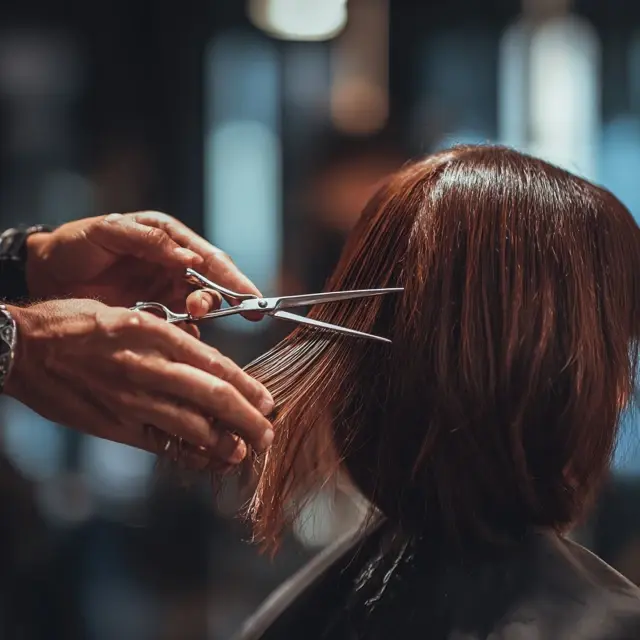Mastering Texture with Thinning Hair Scissors
For stylists and barbers, thinning hair scissors are essential for achieving natural texture, seamless blends, and weight reduction without compromising the overall shape of a haircut. Mastering their use takes practice, but the results can elevate a simple cut into a polished, salon-quality finish.
What Are Thinning Hair Scissors?
Unlike standard hair scissors, thinning shears have notched blades with teeth designed to remove bulk. They don’t cut all the hair in a section—only a portion—leaving behind a softer, lighter look. This makes them invaluable for:
- Blending different lengths for seamless transitions
- Reducing heaviness in thick hair
- Softening blunt lines in layered cuts
- Adding texture and movement to straight styles
Key Techniques for Thinning and Texturizing
1. Point Cutting with Thinning Scissors
Point cutting adds softness to the ends. Using thinning shears in a vertical motion, stylists can create texture while maintaining length and shape.
2. The Slide and Blend Method
Sliding thinning hair scissors gently down the mid-lengths helps remove bulk in thick hair while ensuring natural blending. This is especially useful for men’s fades or layered bobs.
3. Internal Layering for Volume Control
By thinning from the inside of a section, stylists can reduce excess weight without affecting the exterior shape. This technique is ideal for clients with very dense hair.
When to Use Thinning Hair Scissors
While versatile, thinning scissors must be used strategically. They work best when:
- Blending two distinct lengths, such as layers into a bob
- Softening a fringe or bangs for a feathered effect
- Reducing bulk in curly or wavy textures
- Creating natural transitions in men’s haircuts
For clients with fine or thinning hair, use them sparingly to avoid an uneven look.
Common Mistakes to Avoid
To master texture, avoid these errors:
- Using thinning scissors too close to the scalp, which can cause frizz.
- Over-thinning the same section, resulting in gaps or weak spots.
- Applying them on already fine hair, which can make styles look patchy.
Choosing the Right Thinning Hair Scissors
The number of teeth on thinning shears affects the results:
- 20–30 teeth: Best for bulk removal and blending thick hair.
- 40+ teeth: Ideal for subtle texturizing and fine detailing.
Selecting the right pair ensures you achieve the desired finish for every client.
Integrating Thinning Scissors Into Your Toolkit
For professionals, thinning and texturizing shears complement standard cutting tools. Pairing them with ergonomic professional hair scissors ensures both precision and creative styling options. This balance allows stylists to refine their craft and deliver consistent results.
Conclusion
Thinning hair scissors are more than just accessories—they are instruments of artistry. By learning advanced techniques, avoiding overuse, and selecting the right tools, stylists can master texture and elevate every haircut to a new level of sophistication.
